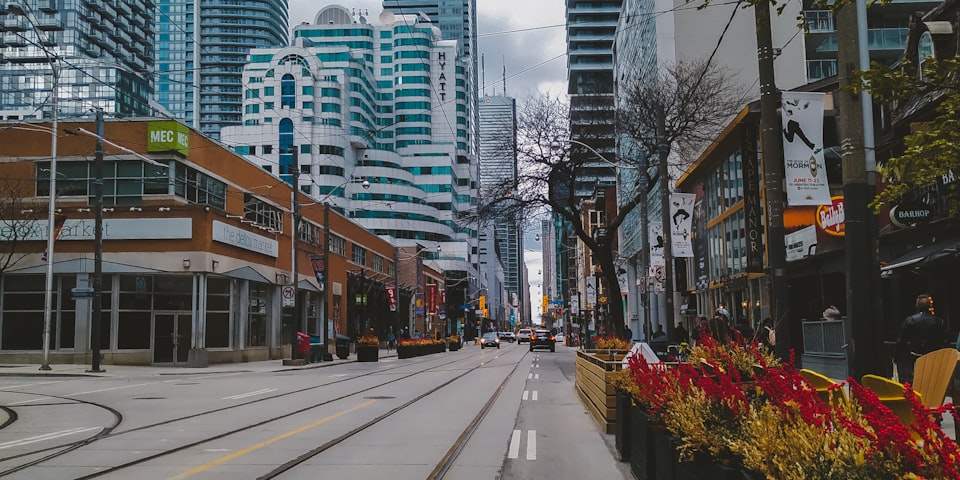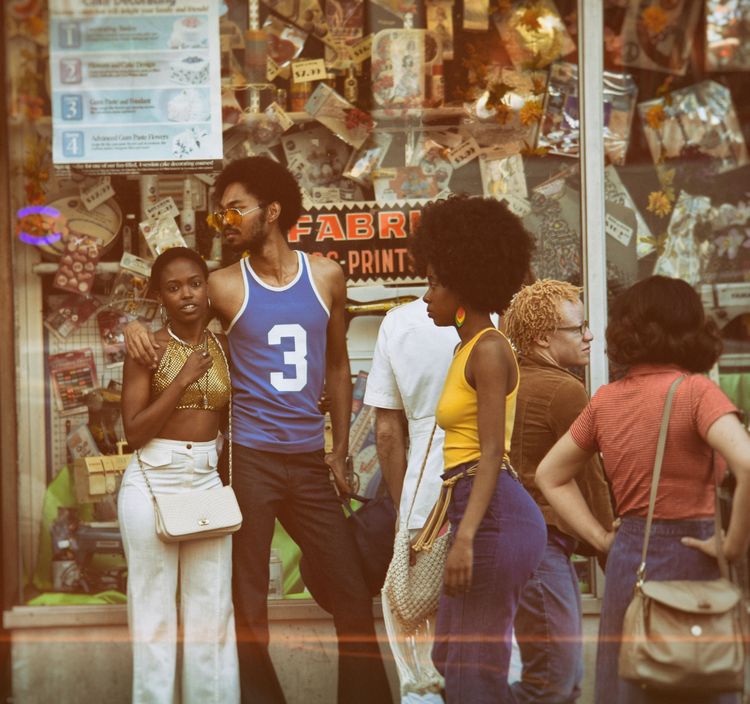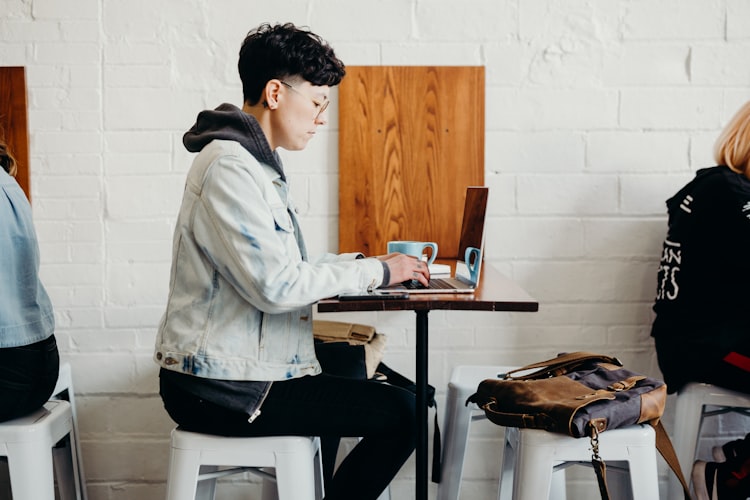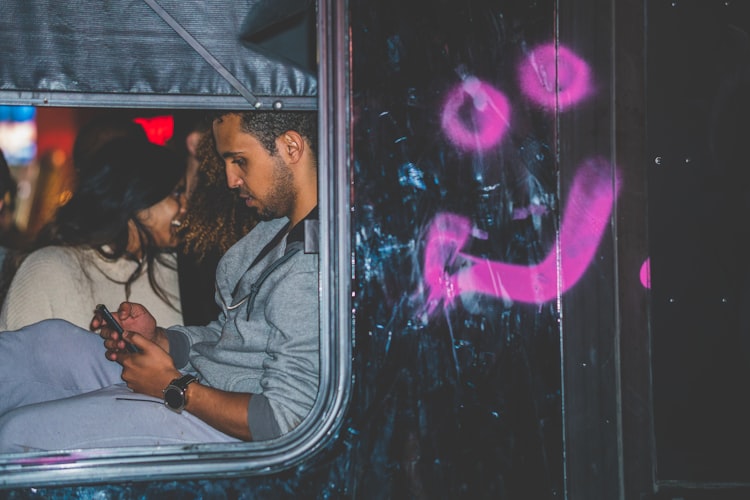Second-Round Lockdown

Toronto just went back into lockdown. It's frustrating. We are tired of this pandemic. But going into lockdown the second time is not the same. I've learned a few lessons, and they will shape how I go about the next few weeks.
There is something terribly ironic about being in lockdown. On the one hand, the past several months using Zoom have reminded me that I miss people. I want to commune physically, to feel the warmth of a person's hand, to smell the familiar fragrance of a friend's home, to live as a bodily creature. The pandemic has made me crave my relationships.
And yet, the pandemic positions me to continue placing functions over relationships. The world is accessible through a screen. I more frequently turn to online retailing, a practice that cuts out human interaction, to obtain products without any of the inconvenience of personalities. I am urged to live life in the online world.
This is understandable. After all, I cannot be in person, so what other choice do I have? But the problem is that growing accustomed to online services will carry into post-pandemic days. I await accessibility and little friction on an anonymous screen. But relationships and people are not convenient. It's why we so often prefer messaging over talking on the phone. In her book Reclaiming Conversations, Sherry Turkle points out that we can have the conversation on our own terms, and we do not need to respond to slight inflections of the voice or pauses that signify human uncertainty. “Because, face-to-face, people ask for things that computers never do.” Texting certainly has its own etiquette, but it is nowhere near the complexity of live conversation. Human interaction is messy. Importing those same expectations into communal life will not lead to rich relationships.
The first time this pandemic locked us down, we scrambled for solutions and turned to online forums. Staring down our second wave, how can we mitigate growing accustomed to the impersonality of online life as a necessary tool without reshaping our entire approach to life?
There is room for resistance. This isn't feasible for everybody. But for instance, it has been interesting to see that many small retailers refuse to go online. Economists will point to the costs and benefits of setting up an online retailing system. I am sure this plays a role. But I wonder if there is more going on ─ what if the small shop around the corner exists not simply to sell a product but to be a presence in the community? Being online doesn't help that. At least not in the way that they hope.
I'm not against online retailing. It has tremendous benefits and can truly help people. On top of that, large companies like Amazon exist precisely because they meet a need that has been otherwise difficult to satisfy. But I feel the discontent growing with things that cannot be satisfied in cyberspace alone. When I get my coffee, I want my beverage, but I also want to be greeted by a familiar face.
Now that we're in lockdown once more, relational opportunities have been taken away. Yet I'm wary of jumping back into online life insofar as it shapes me to expect convenience and efficiency over the complexities of community. I try not to Zoom friends with my video off while doing something in the background, especially if the whole point is to connect and not simply relay information. I generally don't attend events that I otherwise would never have considered simply because they are offered online. Reducing some inefficiencies, like a long commute to work (especially isolated in a car) is generally welcome, but I consider my online interactions more carefully now. Online or not, I’m a relational creature. I want to keep acting like one.





Member discussion